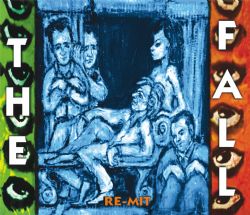This past month Psychogeographic Review has been reading:
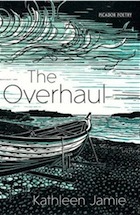 Kathleen Jamie – ‘The Overhaul’ (2012)
Kathleen Jamie – ‘The Overhaul’ (2012)
Kathleen Jamie’s most recent collection of poems is loosely united by the theme of midlife. Her language is spare and restrained, her lines uncluttered. In the foreground is the landscape of Fife and, when she raises her eyes, she looks to the horizon and speaks to the heavens and beyond.
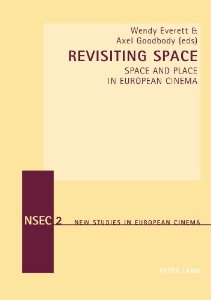 Wendy Everett & Axel Goodbody (eds) – ‘Revisiting Space: Space and Place in European Cinema’ (2005)
Wendy Everett & Axel Goodbody (eds) – ‘Revisiting Space: Space and Place in European Cinema’ (2005)
This is one of the most original books on the art of cinema I have ever read. The editors, both teachers at Bath University, are specialists in European cinema. The area they explore in this collection is the way in which space and place are represented in film. Their triumph in this book as that they succeed is in causing one to look afresh at familiar films; to see the shapes and spaces caught in the frame and to appreciate the relationship of space and time.
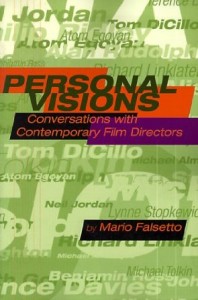 Mario Falsetto – ‘Personal Visions: Conversations with Contemporary Film Directors’ (2000)
Mario Falsetto – ‘Personal Visions: Conversations with Contemporary Film Directors’ (2000)
A simple concept: take seventeen independent film-makers, interview them and transcribe the results. But what makes this such a gripping book is Falsetto’s overwhelming love of film, which shows itself both in the insight he brings to his questions and the revealing background detail he provides on each director.
Meanwhile, we were listening to:
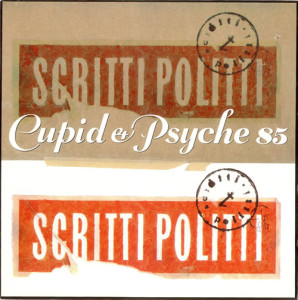 Scritti Politti – ‘Cupid & Psyche 85’ (1985)
Scritti Politti – ‘Cupid & Psyche 85’ (1985)
A classic of 1980s pop-rock. Heavily influenced by soul, electro-funk and reggae, Green Gartside offers up a dozen slices of boy-meets-girl pop perfection. But this is Scritti Politti we’re talking about, so one doesn’t have to look too far under the surface to find a searing critique of gender stereotypes and vacuous consumerism.
As if his staggeringly rich back-catalogue was not enough, the Mark E Smith conveyor belt has turned out yet another outstanding album. Forget the suggestion that he mumbles the words, MES is still the most articulate lyricist in rock, as evidenced by epic tracks like ‘Hittite Man’ and ‘Pre-Mdma Years’.
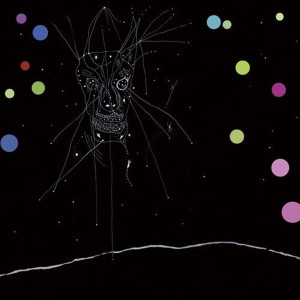 Current 93 – ‘I Am The Last of All The Field That Fell (A Channel)’ (2014)
Current 93 – ‘I Am The Last of All The Field That Fell (A Channel)’ (2014)
David Tibet has branched out from his earlier industrial musings and created an album that is almost jazzy in its feel. His lyrics still play out his gnostic obsessions, but he seems to have the knack of persuading prominent mainstream musicians to help out on his recordings. This one features Nick Cave, Antony Hegarty, John Zorn and Tony McPhee. Yes, that’s Tony ‘TS’ McPhee of Groundhogs fame. His contribution is worth the seven quid download charge on its own.
and watching:
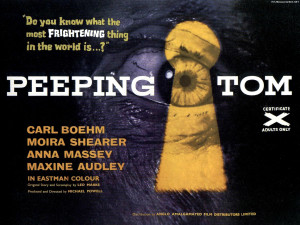 ‘Peeping Tom’ – Michael Powell (1960)
‘Peeping Tom’ – Michael Powell (1960)
Michael Powell was vilified by critics and the public alike when ‘Peeping Tom’ was released in 1960 and it took a long time for his reputation to be restored and for this film to be recognised as the masterpiece that it is. ‘Peeping Tom’ is a deeply disturbing study of voyeurism as seen through the eyes, and the camera lens, of a film-obsessed serial killer.
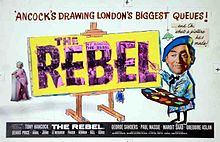 ‘The Rebel’ – Robert Day (1961)
‘The Rebel’ – Robert Day (1961)
Tony Hancock never succeeded in bringing his radio and television success to the big screen, but ‘The Rebel’ remains something of a forgotten comic masterpiece. With his characteristically downbeat and self-deluded air, Hancock mercilessly satirises the world of modern art and the Parisian salon.
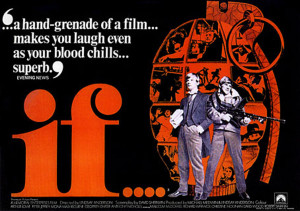 ‘If….’ – Lindsay Anderson (1968)
‘If….’ – Lindsay Anderson (1968)
As a student I shared a flat with a guy who went on to work in a senior staff role for Gordon Brown. I remember him describing ‘If….’ as the film which turned him from a conventional middle-class schoolboy into a rebel and a socialist. Watching it again decades later I can see that Lindsay Anderson’s film really does exert that kind of power. As a teenager it was the rooftop shoot-out which particularly appealed to me, but seeing it again now I can fully appreciate the subtleties of Anderson’s dissection of tradition, power, class and privilege.

